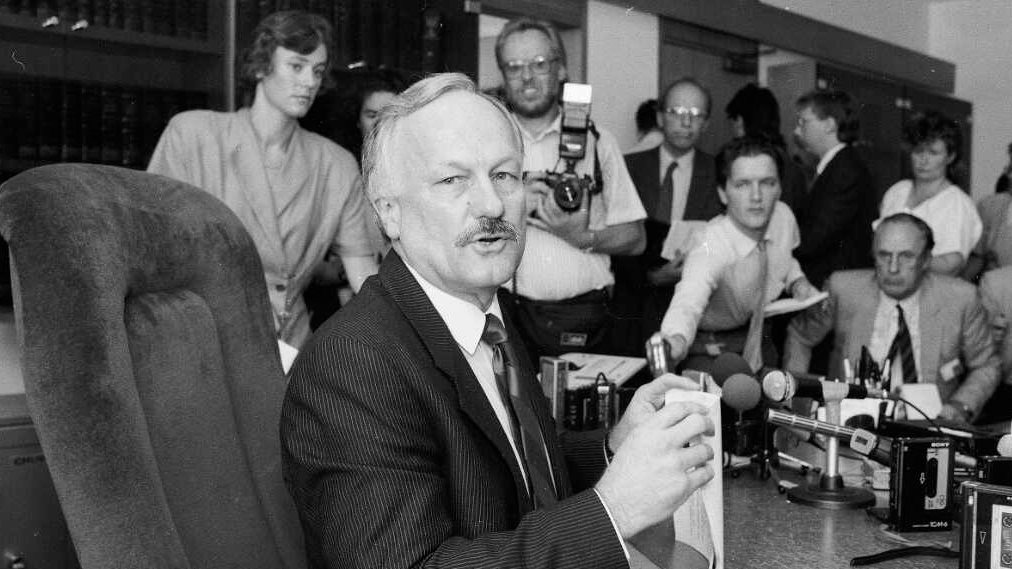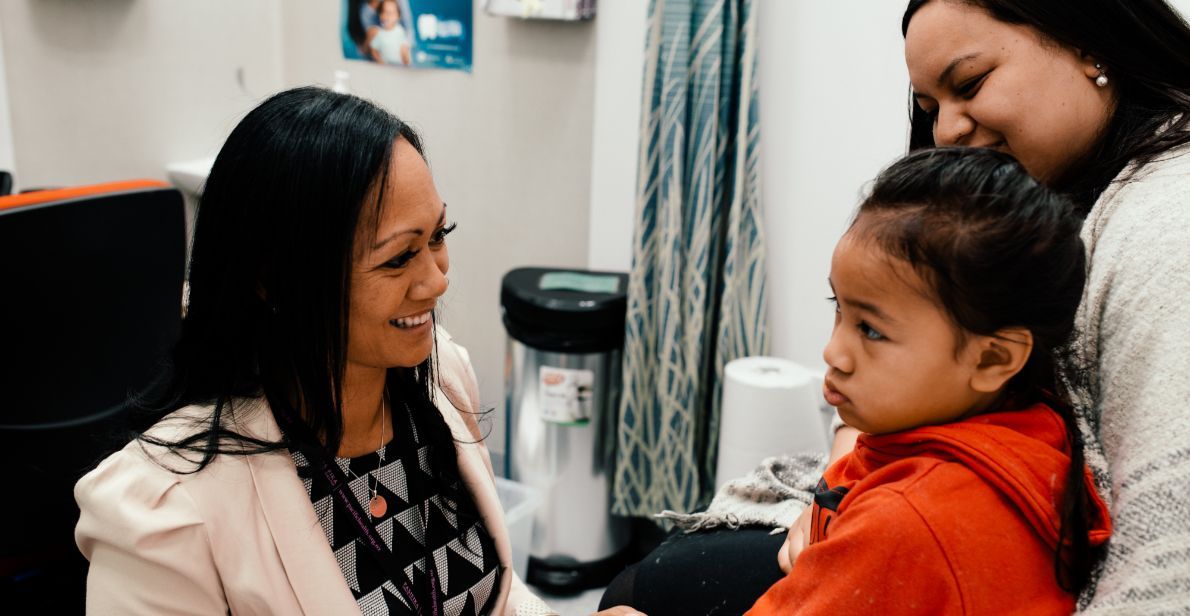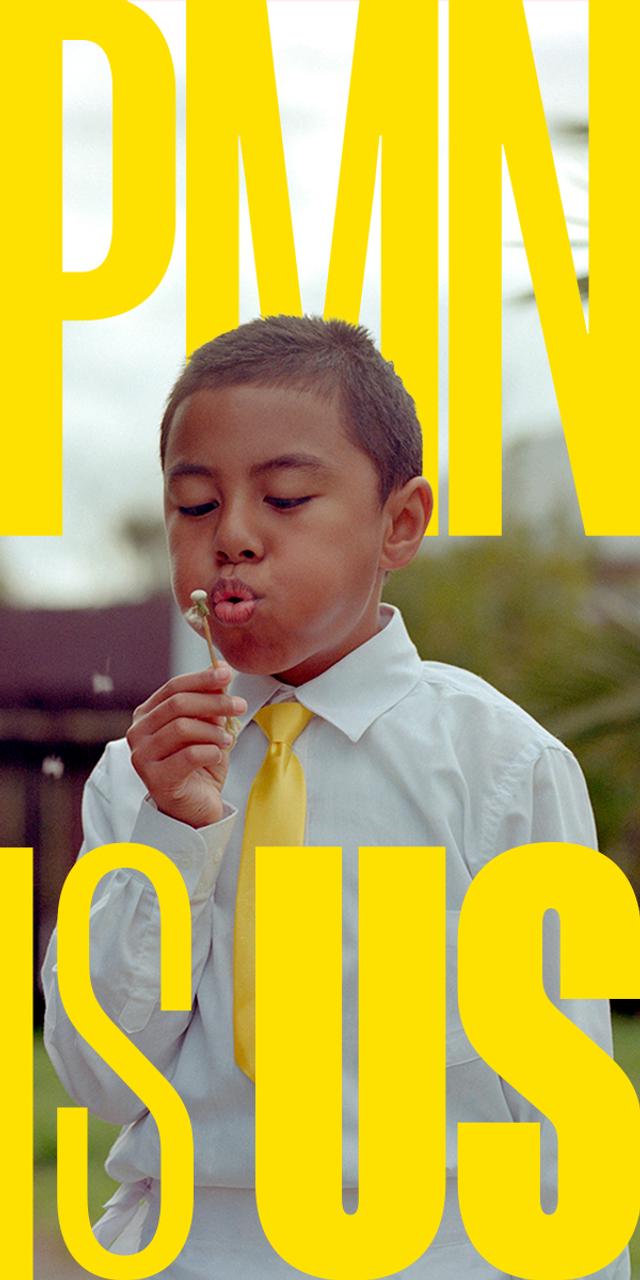

Prime Minister Christopher Luxon, left, has opened up debate on selling assets. ACT Leader David Seymour says New Zealanders shouldn’t be squeamish about privatisation.
Photo/Piron Guillaume on Unsplash/Supplied
Why privatisation is a bad prescription for Pasifika healthcare
Privatising NZ healthcare may seem like a fix, but the US model shows it worsens inequality, likely to hit Pasifika and Māori hardest, says youth journalist and Yale University student Andre Fa’aoso.



Pacific homeownership falls as housing crisis, economic disparities persist – Census

Tonga shatter records with 16-0 dominance over American Sāmoa



Pacific homeownership falls as housing crisis, economic disparities persist – Census

Tonga shatter records with 16-0 dominance over American Sāmoa
Once upon a time, the welfare state was an enveloping entity, meant to provide support and welfare for all. Healthcare was an inextricable part of this.
Once upon a time, New Zealand healthcare didn’t seem quite like a shambles.
Amongst crumbling hospitals, underpaid and understaffed health districts, and a government hesitant to fund key healthcare infrastructure, David Seymour has proposed an alternative: Privatisation.
A buzzword in the libertarian political lexicon, privatisation is seen as the saving grace to what is positioned as inefficient and ineffective government control over welfare initiatives.
Privatisation of healthcare is not an oddity in Western liberal market economies - look at the United States.
Privatisation has become a salient talking point in politics in Aotearoa once more.
More than 40 years since Rogernomics sold off state-owned assets and placed New Zealand on its neoliberal agenda, David Seymour, in the footsteps of ACT’s libertarian forefather and Rogernomics’ namesake, Roger Douglas, said that the government is ‘hopeless at owning things’.
In his State of the Nation speech, Seymour said New Zealand must come to terms with an alternative model to the current healthcare system - a private one.
Seymour said New Zealanders should not be squeamish at the proposal of privatisation.

Roger Douglas, ACT’s libertarian forefather and Rogernomics’ namesake, in 1988. Photo: National Library.
No David, we should be squeamish - we should panic, yell, and say NO.
In his speech, Seymour floated the potential for Kiwis to receive $6000 annual payments to cover private healthcare.
On top of that, Seymour and Prime Minister Christopher Luxon opened the genie jar for the further sell-off of state-owned assets in the lead-up to the 2026 general election.
These announcements have received significant backlash from across communities.
The Public Service Association has called on Christopher Luxon to rule out privatisation and asset sales of public services.
Patient Voice Aotearoa said privatisation would result in worse healthcare outcomes for middle-to-low-income New Zealanders.
Labour MP Tangi Utikere discusses privatisation on Pacific Mornings.
Inferring that the solution to a deteriorating system is to opt out completely sets New Zealand on a dangerous path of delivering detrimental social and health outcomes.
Seymour and the coalition government, by enabling this rhetoric, have overlooked the impacts of such change on low-to-middle-income New Zealanders, ironically, the people they vowed to serve during the 2023 election campaign.
Privatisation is not what New Zealand needs.
Our vulnerable communities, our kainga, stand to lose as a result of any such initiative.
Placing a social issue such as healthcare deliberately outside of the scope of the government and into the market economy sets the stage for terrible outcomes - with Māori and Pasifika amongst those set to lose the most.
Nick Leggett, Infrastructure NZ CEO, talks about possible public assets sale on Pacific Mornings
To understand why privatisation stands to pose more detriments than benefits, let's look at the United States.
Americans spend billions of dollars on healthcare, more than twice per capita compared to the OECD average.
This high spending on predominantly private healthcare has not reflected itself in health outcomes, with the US, unlike their spending statistics, performing the worst in the developed world.
These poor outcomes are exacerbated by socioeconomic status and race, with low-to-middle-income earners, African American, Latin American, and Indigenous communities experiencing the most disparate of outcomes in this system.
Driven by additional systemic issues, the private healthcare system in the United States acts as a significant barrier to access. The two-tier system of private employer-based healthcare versus a subsidised yet underfunded and overloaded public healthcare system creates a division of outcomes.
At least 60,000 Americans die annually due to a lack of healthcare coverage.
These divisions, based on race and class, challenge the logic behind a private system.
Privatisation stands as a for-profit model that would add yet another layer of exclusion and disadvantage without addressing the issue itself - the system and how it is currently funded or underfunded.
It is already well known through the United States model that as public hospitals close and others transition to a private model, low-income earners miss out.
Treating healthcare as a privilege rather than an integral human right is dangerous, and we are at risk of losing lives because of it.
In that vein, privatisation is not the key to addressing a flawed public healthcare system - it is a shortcut that aims to cut off access to people who rely on its provision.
For the sake of our Pacific communities, we must pivot the discussion toward how we can better support the existing system. How can we do better?

How can we do better to support Pasifika healthcare? Photo: Pasifika Medical Association
Neoliberalism pins the success of outcomes, including determinants of health, on the ability of the market to provide wealth and choice to individuals.
However, as countless statistics suggest, Māori and Pasifika suffer under such a model and have done so since New Zealand set on this path of market reform four decades ago.
David Seymour was right to say we should not settle for mediocrity.
However, privatising New Zealand’s healthcare is the equivalent of settling for outright neglect.
The public must now voice a cohesive perspective on this issue - it is time for that discussion.
Furthermore, we must reflect on how such a move could affect our communities.
Then, we must come together in opposition to what is a threat to the access of an inalienable human right.
Andre Fa’aoso is a youth journalist and political commentator from Tāmaki Makaurau studying Political Science and Economics at Yale University.

